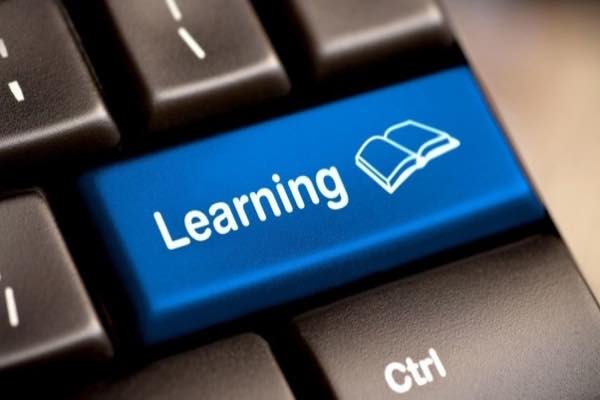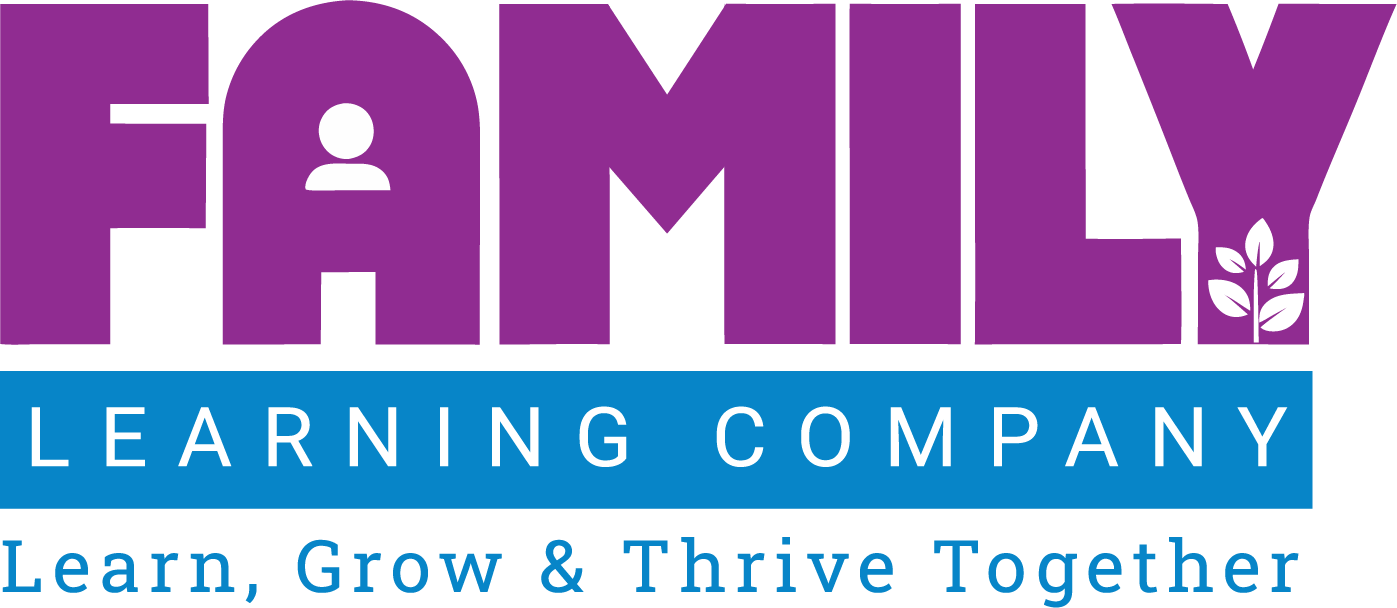Formative Assessment Enhances Reading Skills

The research emphasizes the limitations of traditional tests for assessing learning and champions formative assessment as a conversation between learners and teachers, focusing on learning goals and mastery. John Hattie's research underscores the power of formative feedback, surpassing socio-economic factors in its impact on learning. It highlights the collaborative nature of formative assessment, where teachers and students work together, accumulating evidence of mastery. While various data forms like written feedback or software-generated feedback are useful, well-designed educational software provides real-time hints and cues, crucial for enhancing learning. The article stresses that students find motivation in receiving progress reports, acknowledging achievements, and having control over their learning process.
When most people think about assessment, they think about tests: medium stakes tests that measure learning at the end of a course module or the end of a course, or high stakes tests at the end of a schooling experience. While these tests provide valuable information about whether learning has taken place, they do not provide much information to students or teachers about why, and none about how to achieve mastery of the target skill or content.
Formative assessment provides the data that learners and teachers need. Formative assessment is a not a test; rather, it is a conversation between learners and teachers (including peers) about learning goals and what it will take to achieve them. It comes in the form of formative feedback from learners to each other, from teachers to learners and from learners to their teachers as they go through the learning process together. According to John Hattie, “the most powerful single moderator that enhances achievement is feedback.” [John Hattie, Influences on student learning, 1999] In their review of 196 studies describing nearly 7,000 effects on learning, Hattie and Timperley reported that formative feedback had an average effect size of 0.79 – an effect greater than student prior cognitive ability, socioeconomic background, and reduced class size. [Hattie & Timperley, 2007, p. 83]
Note that learners and teachers are grouped together when we discuss formative assessment. Rather than having teachers test students, in formative assessment they work together to achieve an understanding of where they are in the learning process, where they need to go to achieve their mutual goal, and what needs to be done next to move forward. For larger goals, students present evidence of their mastery to their teachers, accumulating small points of data into a complete story.
While it is possible to use test results as the basis of formative feedback, there are plenty of other forms of data that can be used such as: written feedback on papers, audience feedback about presentations and performances, and, the feedback provided by software to learners. In fact, instructional support software is the ultimate source of formative feedback because it provides endless real-time feedback at exactly the moment of learning. As Hattie says, “The simplest prescription for improving education must be ‘dollops of feedback’ -- providing information how and why the child understands and misunderstands, and what directions the student must take to improve.” [Op.Cit. Hattie, 1999] “Feedback designed to improve learning is more effective when it is focused on the task, and provides the learner with suggestions, hints, or cues, rather than offered in the form of praise or comments about performance.” [Bangert-Drowns, Kulik, Kulik, & Morgan, 1991; Kluger & DeNisi, 1996] Well-designed educational software provides just such hints and cues, while leaving it up to the learner to complete every task.
As we have discussed in the paper, Entertainment vs. Education, frequently viewing formal reports about their progress toward learning goals is also highly motivating to students. They receive acknowledgement of their achievements of mastery, feedback on their progress toward their goals, and an understanding of the scope of the task they are engaged in. So long as they can measure their progress, and experience control over the learning process, students will continue to make the effort to learn.
Click here to see how research plays a central part ofInteractive Family Literacy
Here is another research study on the value of formative assessment and reading skills.
